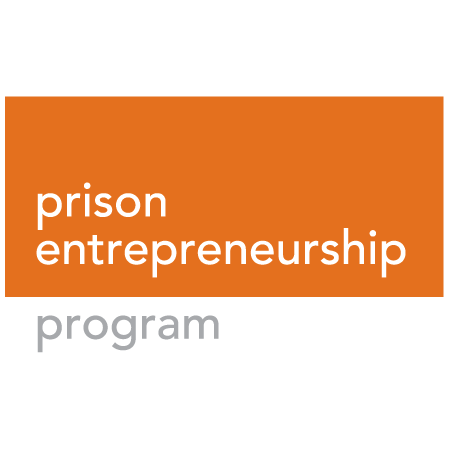Healthcare Is a Reentry Essential
Access to healthcare is one of the most critical needs for individuals leaving prison. Without medical support, conditions go untreated, mental health can deteriorate, and reentry becomes harder than it needs to be. At PEP, we encourage participants to create reentry plans that include healthcare from day one.
Step 1: Apply for Medicaid or CHIP (If Eligible)
In Texas, many formerly incarcerated individuals qualify for Medicaid, especially if they have a disability, are over 65, or have dependent children. Coverage is not automatic after release, you must apply.
You can start the process through:
- Your local Health and Human Services office
- Your parole or case manager
- Online at YourTexasBenefits.com
Mental health services, substance use treatment, and routine medical care may be covered depending on eligibility.
Step 2: Visit a Local Health Clinic
Federally Qualified Health Centers (FQHCs) offer low-cost or sliding-scale healthcare regardless of income or insurance status. These clinics often understand the challenges of reentry and can provide everything from basic checkups to chronic condition management.
You can find a clinic at: findahealthcenter.hrsa.gov
Step 3: Prioritize Mental Health Support
For many returning citizens, mental health care is just as important as physical care. Conditions like PTSD, anxiety, or depression often go untreated during incarceration. Local counseling centers, nonprofits, or reentry organizations can help connect you to low-cost therapy options or support groups.
PEP participants also receive mentorship and peer support, which play a vital role in emotional well-being.
Step 4: Know Your Rights
A criminal record does not disqualify you from receiving healthcare. Many clinics, hospitals, and providers serve all patients, regardless of background. If you have trouble, seek help from a reentry navigator or legal aid organization that can advocate on your behalf.
Final Thought:
Your health matters; for you, for your family, and for your future. Getting connected to care is one of the most important steps in building a successful life after prison. Reentry is not just about housing or employment; it’s about healing, too.



